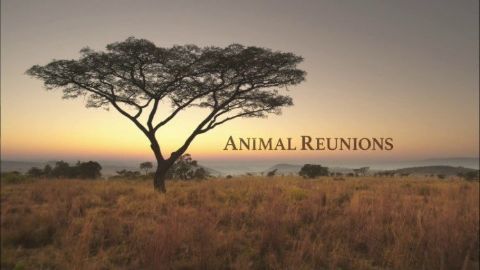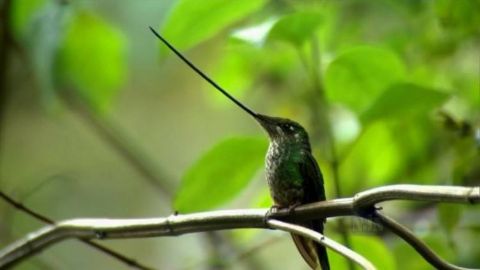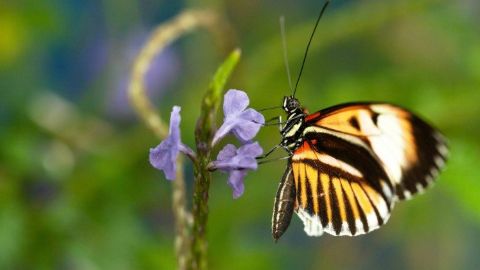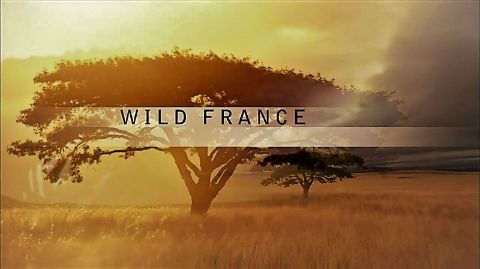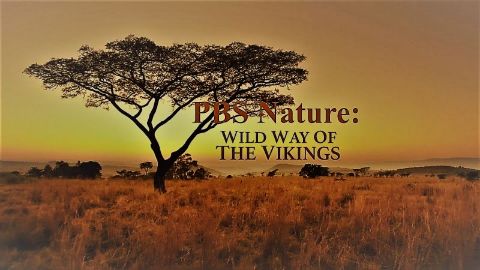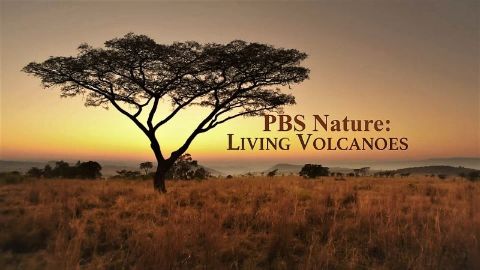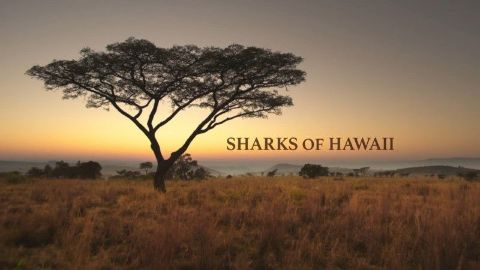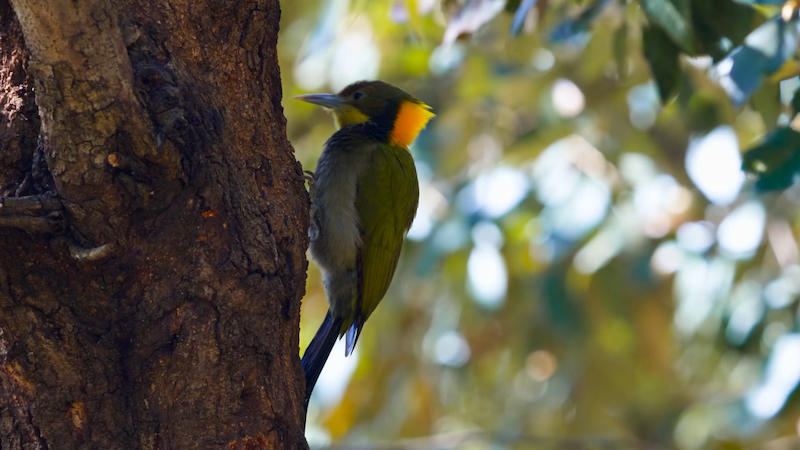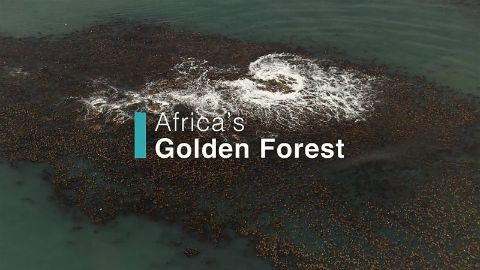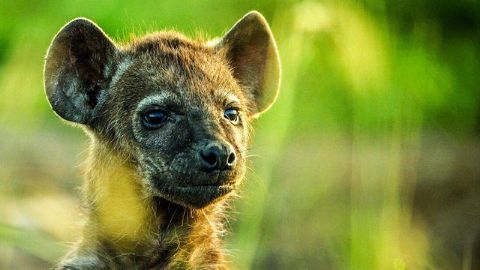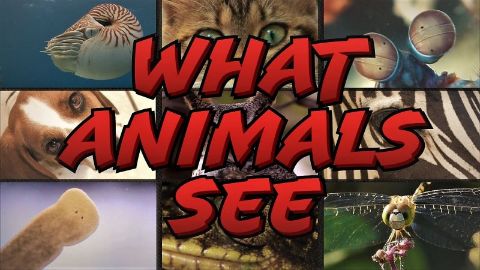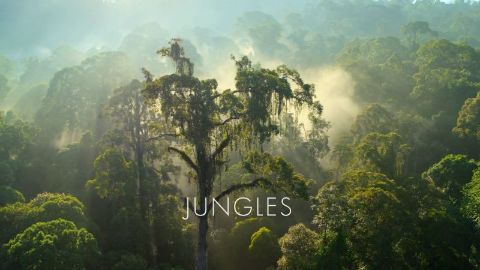Hummingbirds: Magic in the Air • 2013 • PBS Nature
Hummingbirds represent one of nature's most interesting paradoxes - they are the tiniest of birds, yet they qualify as some of the toughest and most energetic creatures on the planet. New knowledge gained from scientists currently making great breakthroughs in hummingbird biology makes this a perfect time to focus on these shimmering, flashing jewels of the natural world. Stunningly beautiful high-definition, high-speed footage of hummingbirds in the wild combined with high-tech presentations of their remarkable abilities help us to understand the world of hummingbirds as we never have before.
Make a donation
Buy a brother a hot coffee? Or a cold beer?
Hope you're finding these documentaries fascinating and eye-opening. It's just me, working hard behind the scenes to bring you this enriching content.
Running and maintaining a website like this takes time and resources. That's why I'm reaching out to you. If you appreciate what I do and would like to support my efforts, would you consider "buying me a coffee"?
Donation addresses
BTC: bc1q8ldskxh4x9qnddhcrgcun8rtvddeldm2a07r2v
ETH: 0x5CCAAA1afc5c5D814129d99277dDb5A979672116
With your donation through , you can show your appreciation and help me keep this project going. Every contribution, no matter how small, makes a significant impact. It goes directly towards covering server costs.
